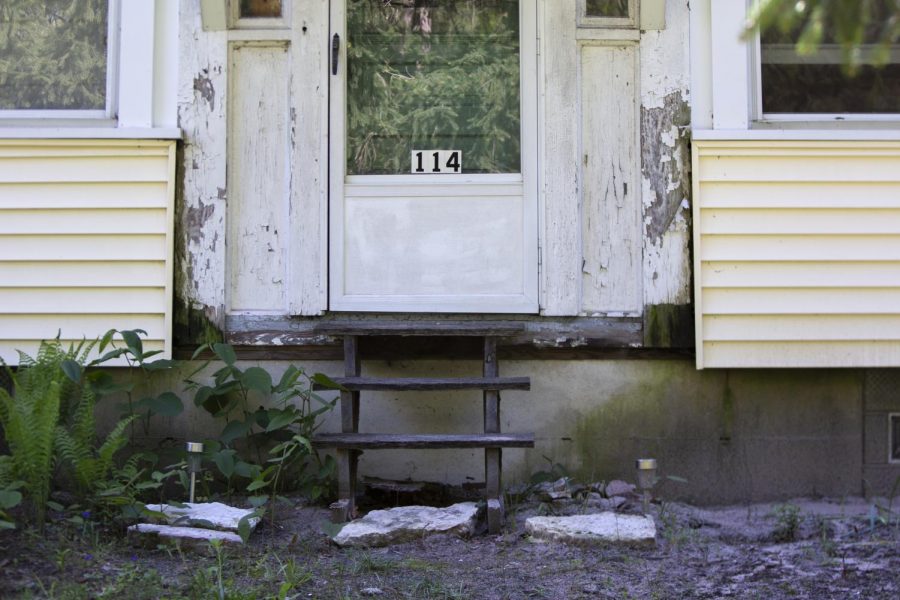Report finds COVID-19 could spur potential housing crisis
Apr 15, 2021
Last updated on April 18, 2021 at 10:12 a.m.
A recent report by the Illinois Government and Public Affairs highlights a potential housing crisis which could have severe effects on the low-income rental market.
According to the report, the variety eviction moratoria laws at the state and federal levels have prevented a large-scale crisis. As the economic effects of the COVID-19 pandemic begin to subside, a substantial amount of low-income tenants still face the threat of eviction once the eviction bans expire.
The moratorium in the state of Illinois is set to expire on May 1, while the federal moratorium lasts until June 30 and only applies to federally subsidized properties. According to the report, approximately 28% of U.S. rental units fall under the federal eviction ban.
Andrew Greenlee, co-author of the report and associate professor in FAA, said that the COVID-19 pandemic worsened an already existing crisis that has disproportionately affected low-income renters.
Get The Daily Illini in your inbox!
“COVID has made the tenuous connections which many of us have to our jobs and housing more apparent. COVID has also helped to reveal the ways in which females and minorities face disparate impact to economic and social disruptions. None of this is new, but we’re observing impacts at a scale that more people are paying attention to now,” Greenlee said.
The market for low-income renters has worsened over the past year, resulting in a shortage of over 6.8 million units in that market alone. Individuals who fall into this market are also more likely to contract COVID-19 due to the overcrowding created by this shortage.
However, tenants can take certain measures to protect themselves from eviction. The report found that tenants who hire legal representation generally have significantly better outcomes. Although legal aid is not always free for civil cases, there are reduced-cost programs available for eligible renters.
Michelle Layser, another co-author of the report and assistant professor in Law, mentioned that there are many options available for low-income tenants who face possible eviction.
“The biggest thing is for people to educate themselves on the programs that are in place, and to understand what actions they need to take to ensure that they are protected,” Layser said.
Although the campus area may seem like an exception to this possible crisis, it is important for all renters to be aware of the challenges that they may face through the next year, according to Layser.
The University offers free legal aid to students through the Student Legal Services office in the Illini Union.
“I don’t think that the college community is insulated from the problems that are described in the report. It is very much a national problem, an urban problem, and a rural problem. The scope of the potential crisis is enormous,” Layser said.






